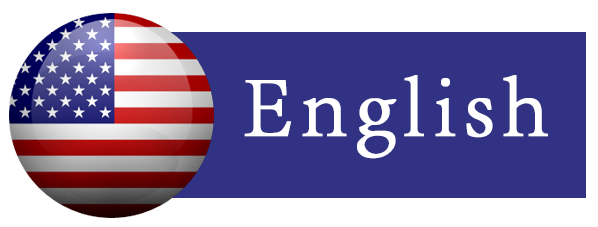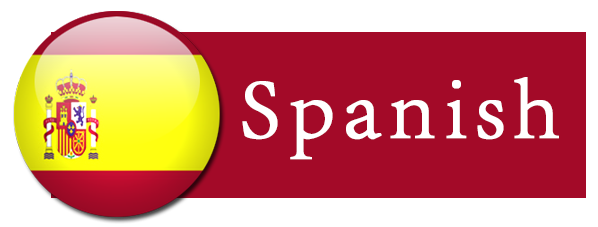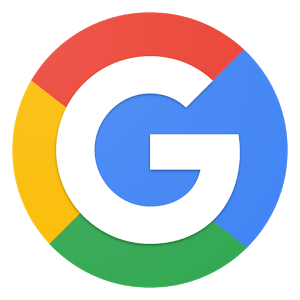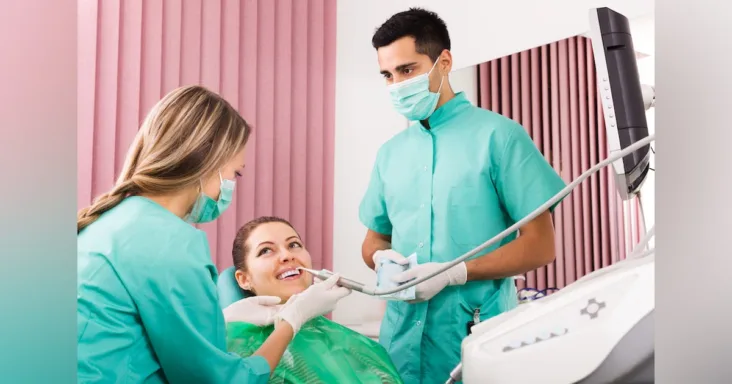Picture this: you’re sitting in the dentist’s chair, anxiously waiting for your appointment to begin. The dentist enters the room with a warm smile, and to your surprise, greets you in your native language. Suddenly, the tension melts away as you realize that communication will not be an issue. This is the power of bilingual dentists who go above and beyond to deliver top-notch dental care, breaking down language barriers in the process.
In a world where language can sometimes be a barrier, bilingual dentists are like superheroes, equipped with the ability to communicate and connect with patients from diverse backgrounds. These dental professionals possess a unique skill set that allows them to bridge the gap between language and healthcare. Gone are the days of struggling to explain your symptoms or understand treatment options. With bilingual dentists, you can feel confident that your concerns will be heard and understood, ensuring a truly personalized and effective dental experience. So, let’s dive into the fascinating world of bilingual dentists and discover how they are revolutionizing the field of dental care.
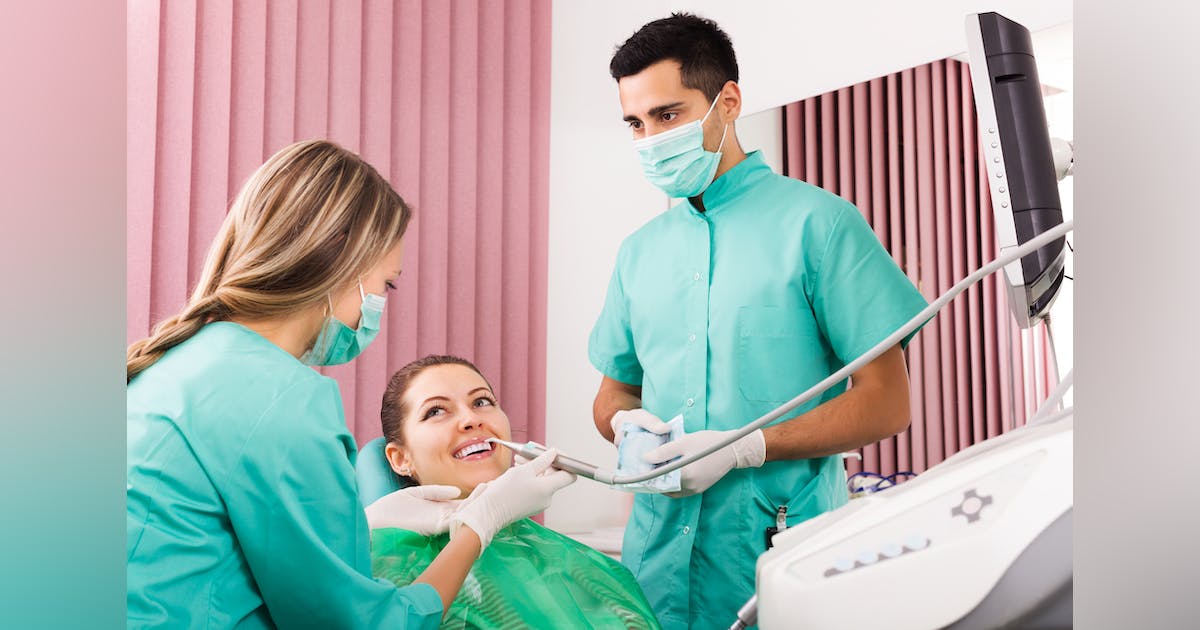
Beyond Language Barriers: Bilingual Dentists Delivering Top-Notch Dental Care
The world is becoming increasingly diverse, with people from different cultural and linguistic backgrounds coming together in various settings. In the field of dentistry, this diversity poses a unique challenge when it comes to effectively communicating with patients. However, thanks to bilingual dentists who can bridge the gap between languages, patients can now receive top-notch dental care without any language barriers.
The Importance of Bilingual Dentists
Language is a powerful tool for communication, and in the context of healthcare, it is crucial for both the patient and the healthcare provider to understand each other effectively. When it comes to dental care, clear communication is essential to accurately diagnose problems, explain treatment options, and ensure that patients fully understand their oral health needs.
Bilingual dentists play a vital role in breaking down language barriers and ensuring that patients from diverse backgrounds receive the same level of care as any other patient. These dentists are fluent in multiple languages, allowing them to communicate effectively with patients who may have limited English proficiency. By being able to converse with patients in their native language, bilingual dentists create a comfortable and welcoming environment where patients can express their concerns and understand the treatment process.
The Benefits of Bilingual Dentists
1. Improved Patient Trust: When patients can communicate with their dentist in their preferred language, it builds trust and helps establish a strong patient-dentist relationship. Patients feel more at ease knowing that their dentist understands their needs and can address any concerns they may have.
2. Accurate Diagnosis and Treatment: Effective communication between dentist and patient is essential for accurate diagnosis and treatment planning. Bilingual dentists can gather detailed information about the patient’s oral health and provide comprehensive care tailored to their specific needs.
3. Enhanced Patient Education: Bilingual dentists can educate patients about oral health practices, preventive care, and treatment options in a language that patients understand best. This empowers patients to take an active role in their dental care and make informed decisions about their oral health.
4. Cultural Sensitivity: Bilingual dentists are often well-versed in the cultural nuances and customs of different communities. This cultural sensitivity allows them to provide dental care that is respectful and aligns with the patient’s cultural background and beliefs.
Overcoming Language Barriers in Dentistry
To overcome language barriers in dentistry, dental practices can take several steps to ensure effective communication with patients from diverse linguistic backgrounds.
1. Bilingual Staff: Hiring bilingual staff, including dentists, dental hygienists, and receptionists, can greatly improve communication with patients. This ensures that patients have access to language support throughout their entire dental experience.
2. Interpreters: In cases where a dental practice does not have bilingual staff, utilizing professional interpreters can be a valuable resource. Interpreters can assist with appointments, treatment explanations, and consent forms, ensuring accurate communication between the dentist and patient.
3. Patient Education Materials: Providing educational materials in multiple languages can help patients better understand their oral health needs and treatment options. This includes brochures, pamphlets, and online resources that are available in different languages.
4. Technology Solutions: Leveraging technology, such as translation apps or software, can also aid in overcoming language barriers. These tools can facilitate real-time translation during dental appointments, making communication easier and more efficient.
In conclusion, bilingual dentists play a crucial role in delivering top-notch dental care to patients from diverse linguistic backgrounds. By breaking down language barriers, these dentists create a welcoming and inclusive environment where patients can receive the care they need. With the increasing diversity of our society, the demand for bilingual dentists is more important than ever to ensure equitable access to quality dental care for all.
Key Takeaways: Beyond Language Barriers
- Bilingual dentists play a crucial role in delivering top-notch dental care.
- They bridge the communication gap between dentists and patients who speak different languages.
- Bilingual dentists ensure effective communication, leading to accurate diagnoses and treatment plans.
- Patients feel more comfortable and confident when they can express their concerns in their native language.
- Bilingual dentists contribute to a more inclusive and culturally-sensitive dental practice.
Final Summary: Breaking Barriers, Delivering Exceptional Dental Care
When it comes to receiving dental care, language barriers can often pose a significant challenge. However, the rise of bilingual dentists has revolutionized the way dental services are provided, ensuring that language is no longer a hindrance to top-notch dental care. These bilingual professionals not only possess the skills and expertise required for excellent dental treatment but also have the ability to effectively communicate with patients in their native languages. This not only fosters a sense of comfort and trust but also allows for more accurate diagnoses and personalized treatment plans.
By bridging the gap between different languages, bilingual dentists are able to create a welcoming and inclusive environment for patients from diverse backgrounds. This not only enhances the overall patient experience but also promotes better oral health outcomes. Whether it’s explaining complex procedures, addressing concerns, or providing post-treatment instructions, bilingual dentists ensure that every patient receives clear and comprehensive communication. With their linguistic abilities and dental expertise, these professionals are breaking down language barriers and delivering exceptional dental care to patients around the world.

